Have you ever been to a rodeo? What’s your favorite event? Attendees to the annual Fort Worth Stock Show & Rodeo can see a series of riding and roping contests derived from the working skills of the American cowboy. The rodeo features events such as various roping competitions, barrel racing, bull riding, bronc riding, bareback and ranch saddle bronc riding.
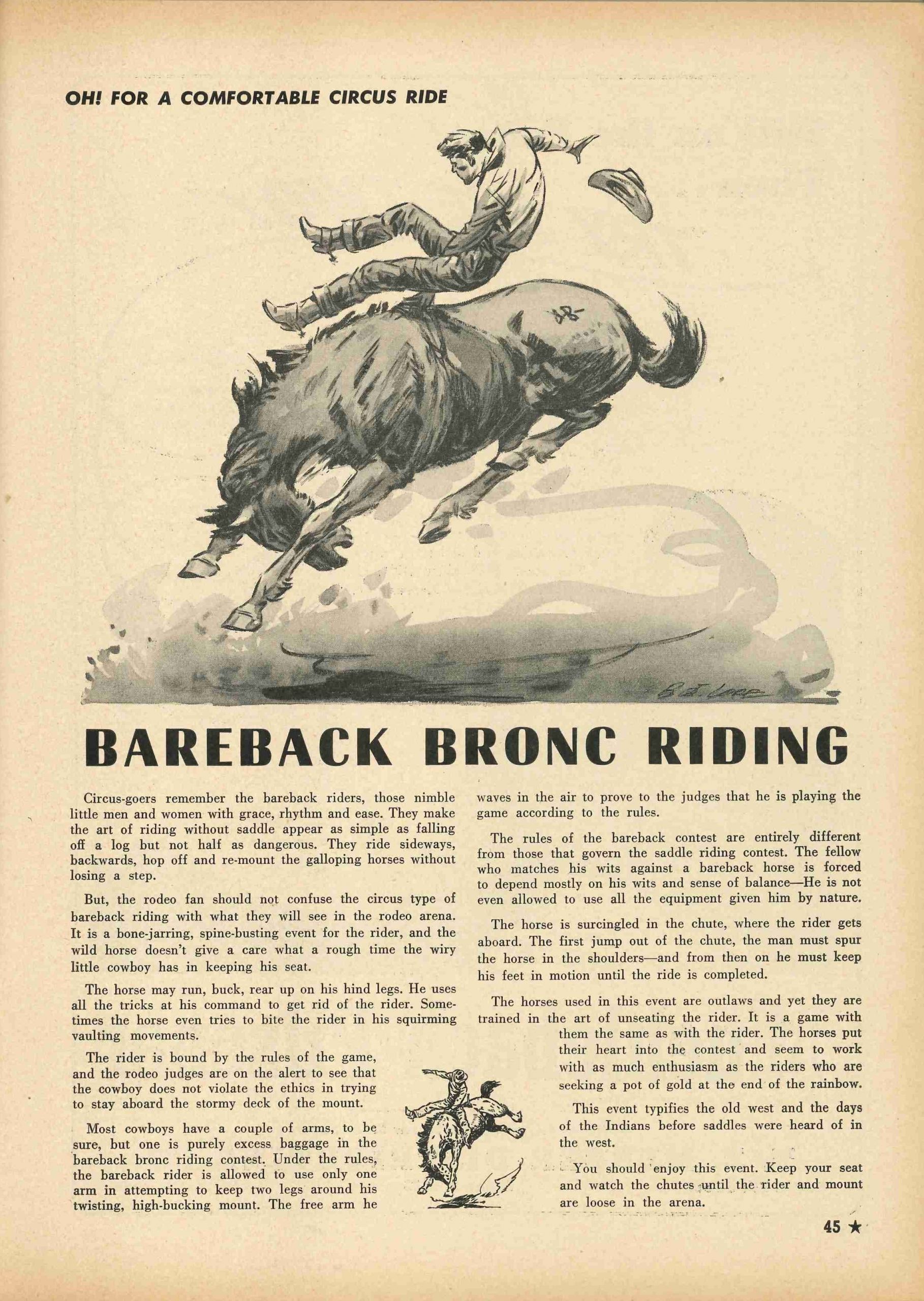
“Bareback Bronc Riding,” Rodeo Souvenir Annual, 1947, page 45
According to the 1947 Rodeo Souvenir Annual, featured in our current exhibit Saddles on Parade: The Artistry of Edward Bohlin, the rules allow the saddle bronc rider to use only one arm to hold onto his “twisting, high-bucking mount.” There’s quite a lot of actions that would disqualify a rider:
· losing stirrup
· coasting with feet against the horse’s shoulder
· being bucked off
· changing hands on the rein
· wrapping the rein around your hand
· pulling leather
· failing to spur the horse in the shoulders first two out of three jumps
· not bring ready to ride when called
· hitting the horse with hands or hat
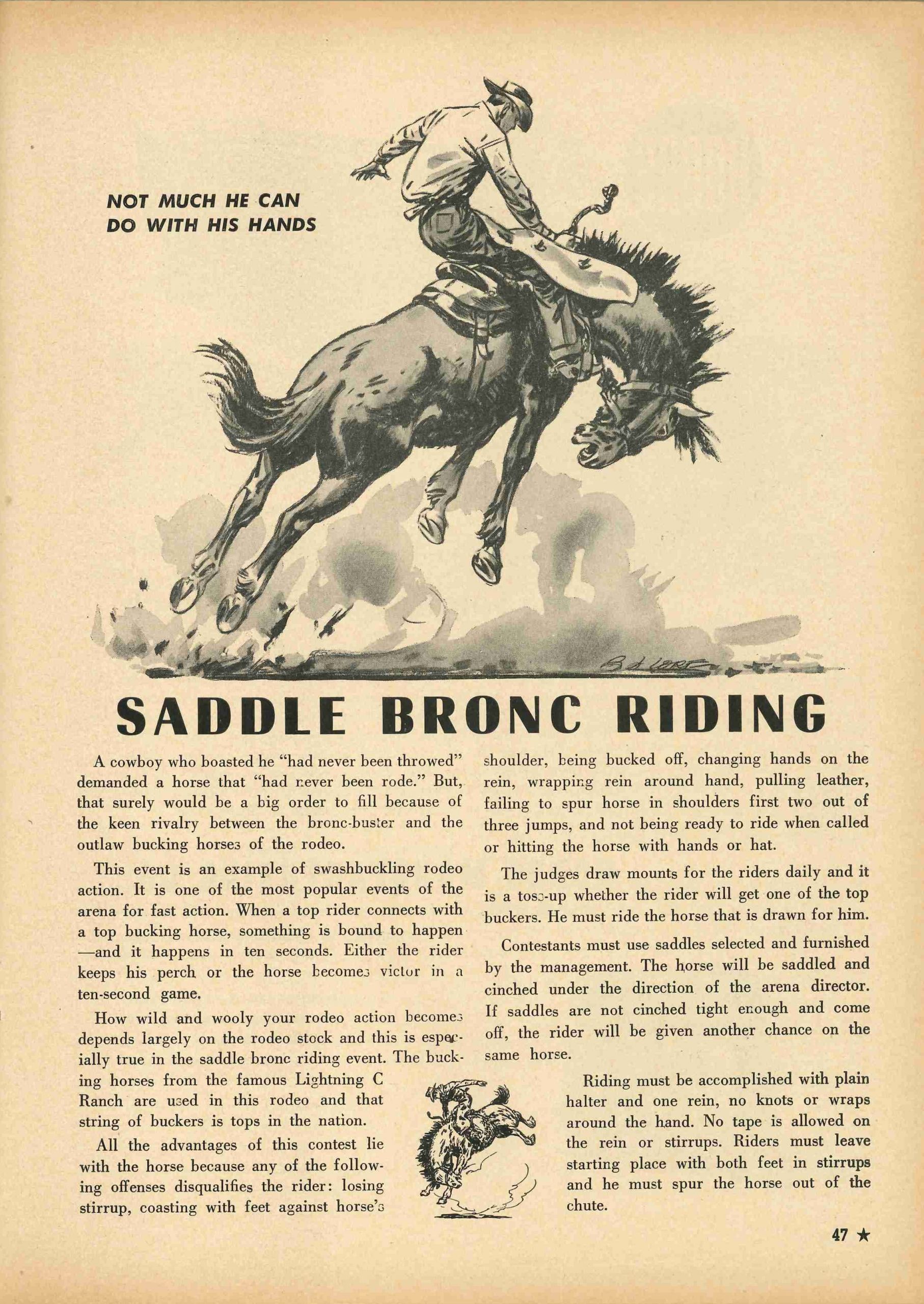
“Saddle Bronc Riding,” Rodeo Souvenir Annual, 1947, page 47
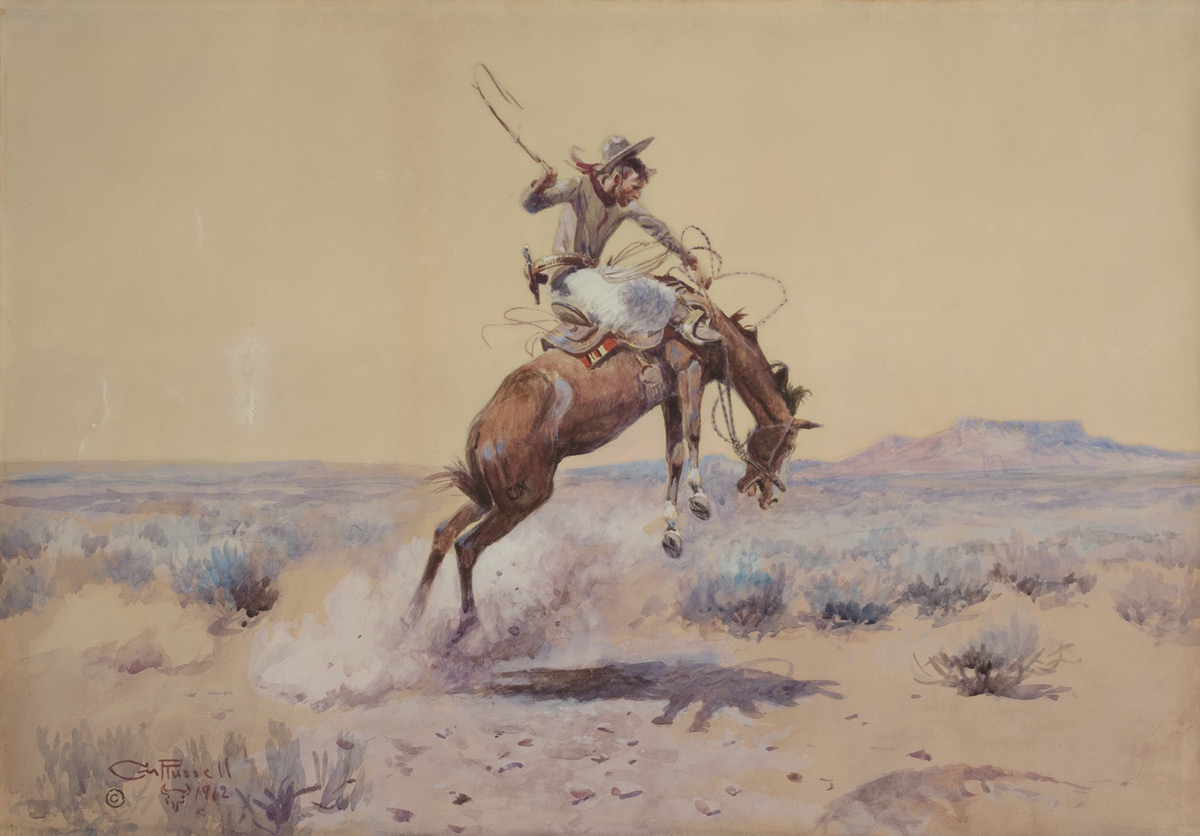
Charles M. Russell, A Bad One, 1912, Pencil, watercolor and gouache on paper, 19 3/4 x 28 5/8 inches
The cowboy artist Charles Russell didn’t have first-hand experience with bronc riding. “I never got to be a bronk rider but in my youthfull days wanted to be,” Russell recalled, “and while that want lasted I had a fine chance to study hoss enatimy from under and over[.] The under was the view a taripan gits[.] The over while I hoverd ont the end of a Macarty rope was like the eagle sees grand but dam scary for folks without wings.”[1] Russell later quipped, “never did take kindly to broncos as my mind and theirs did not seem to work in unison.”[2]
Though Russell didn’t bronc ride, he witnessed it enough to paint it several time throughout his career, as evidenced in some of the paintings in the Sid Richardson Museum’s collection.
One of Russell’s closest friends from his rangeland days, Con Price, was a first-class bronc buster.[3] Cowboying from 1885 until his retirement in 1943, Price later told a reporter:
“Charlie exaggerated me, he painted me riding a horse lots of times, but he never did paint me getting bucked off. I was always riding ‘em in Charlie’s pictures.
It reminds me of a time Charlie and me was in a saloon. There was a bunch of cowboys there, all talking about what they did after a bronc made the first jump. They asked a tough looking little guy from Texas what he did after the first jump.
‘Me, why I don’t do nothing, unless the horse tries to step on me,’ the Texan said.”[4]
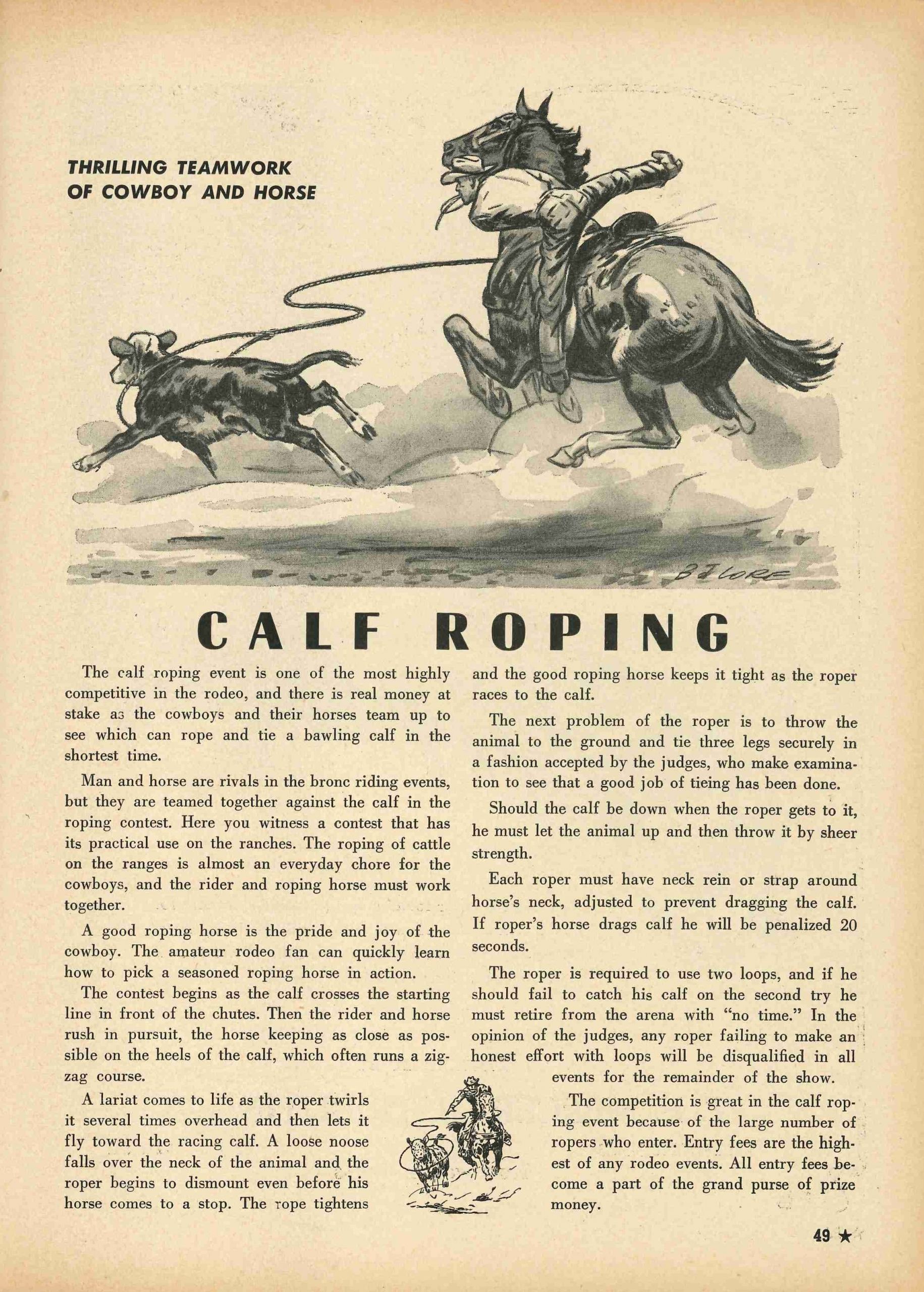
“Calf Roping,” Rodeo Souvenir Annual, 1947, page 49
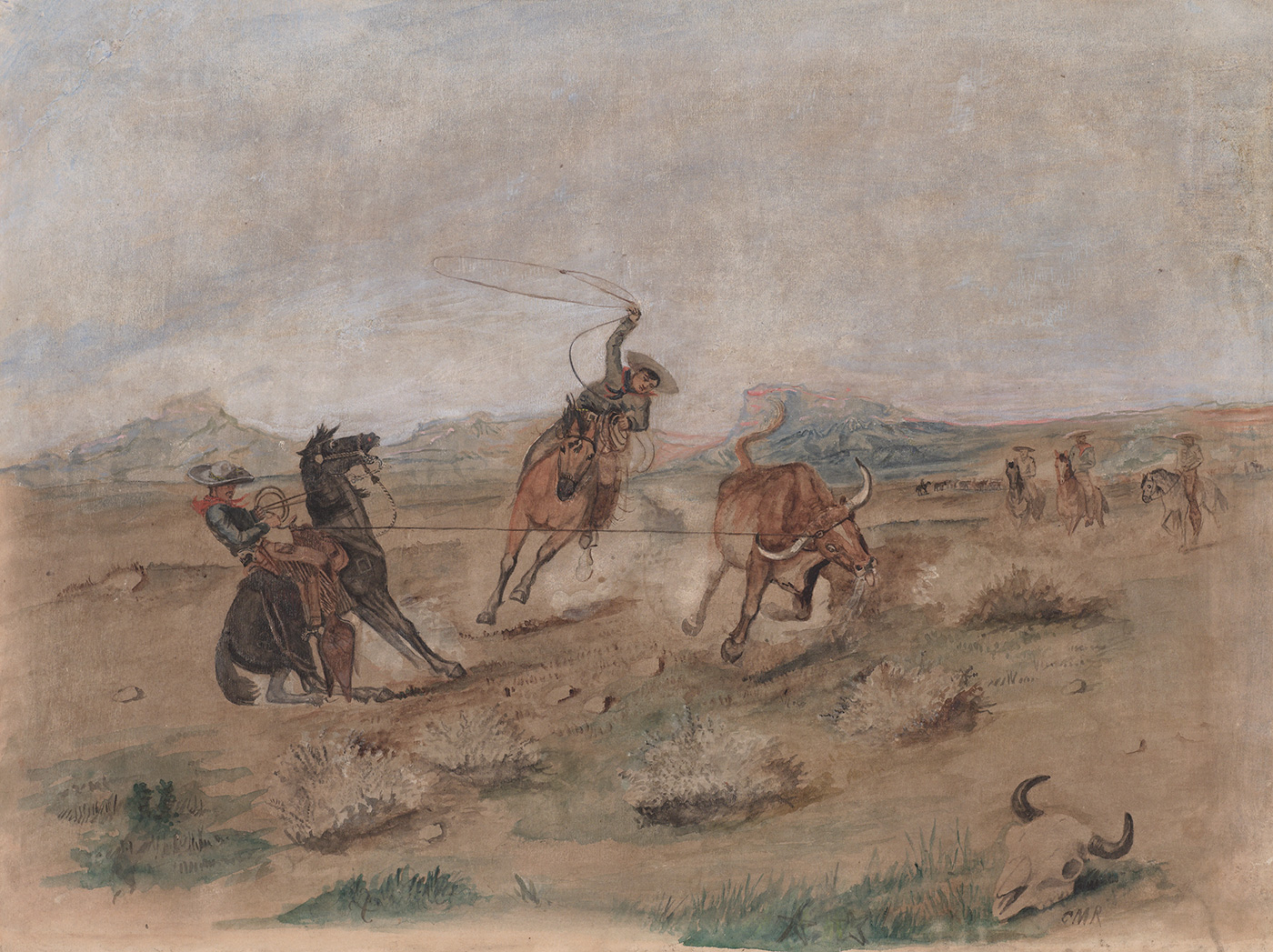
Roping the Renegade | Charles M. Russell | c. 1883 | Watercolor, pencil & gouache on paper | 12.5 x 16.625 inches
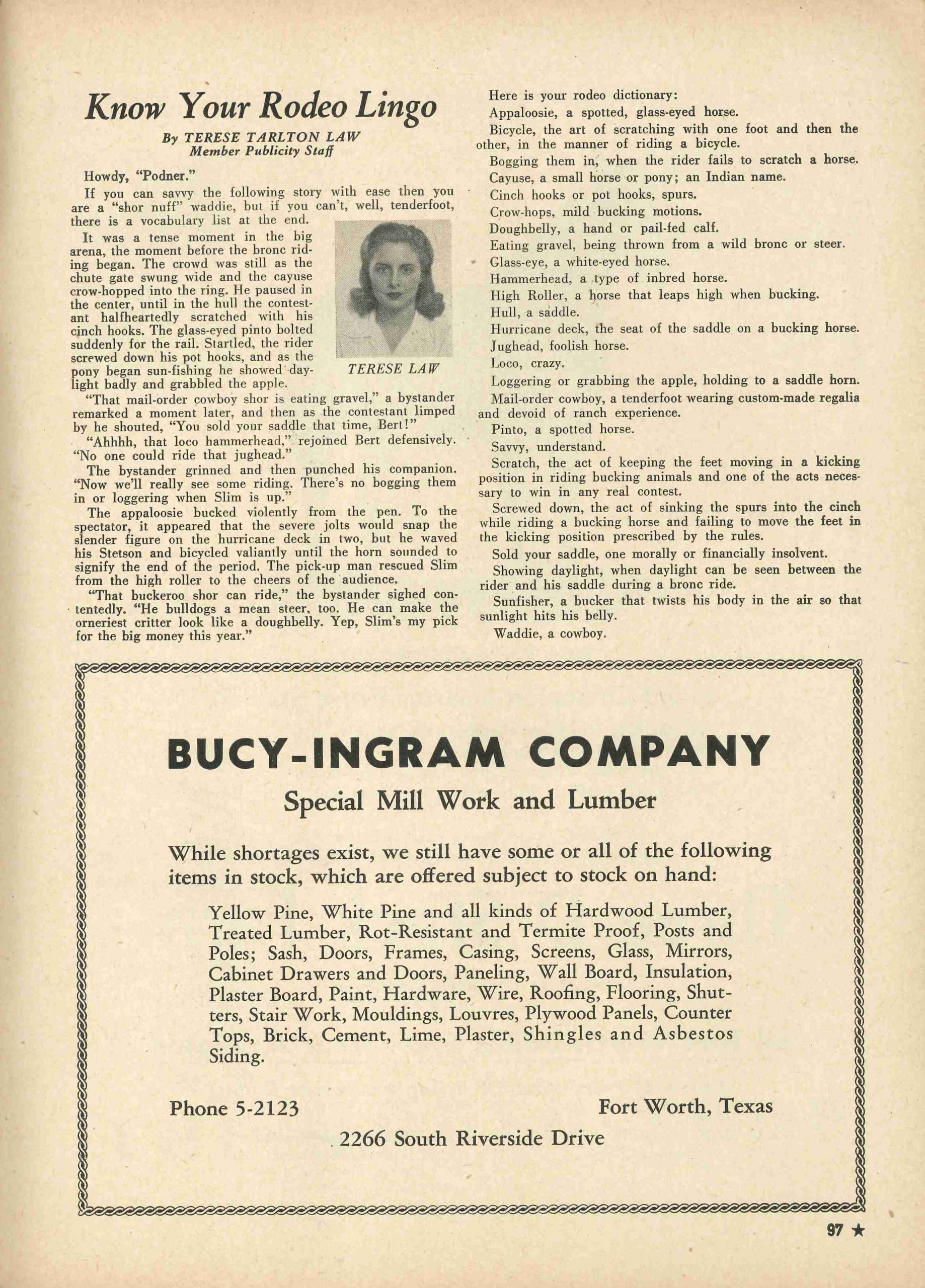
“Know Your Rodeo Lingo,” by Terese Tarlton Law, Rodeo Souvenir Annual, 1947, page 97
Do you have a hard time understanding some of the vocabulary of a cowboy? Well, the Fort Worth Rodeo Souvenir Annual educates its readers on the fine art of rodeo lingo.
Here’s a small sampling of rodeo lingo from 1947:
· Bogging them in = when the rider fails to scratch a horse
· Eating gravel = being thrown from a wild bronc or steer
· Hurricane deck = the seat of the saddle on a bucking horse
· Savvy = understand
· Sold your saddle = one who is morally or financially insolvent
What’s your favorite rodeo lingo?
[1] Charles M. Russell to Will James, May 12, 1920, in Good Medicine, p. 68
[2] Noyes, In the Land of Chinook, p. 120.
[3] Jack O’Reilly, “Con Price, Cowboy: A Personal Tribute,” Montana, The Magazine of Western History 8 (Summer 1958): 50-53.
[4] “Con Price Missed Gathering of Cowhands, but Not in Spirit; Tells Russell Stories,” Great Falls Daily Tribune, c. February 1958.



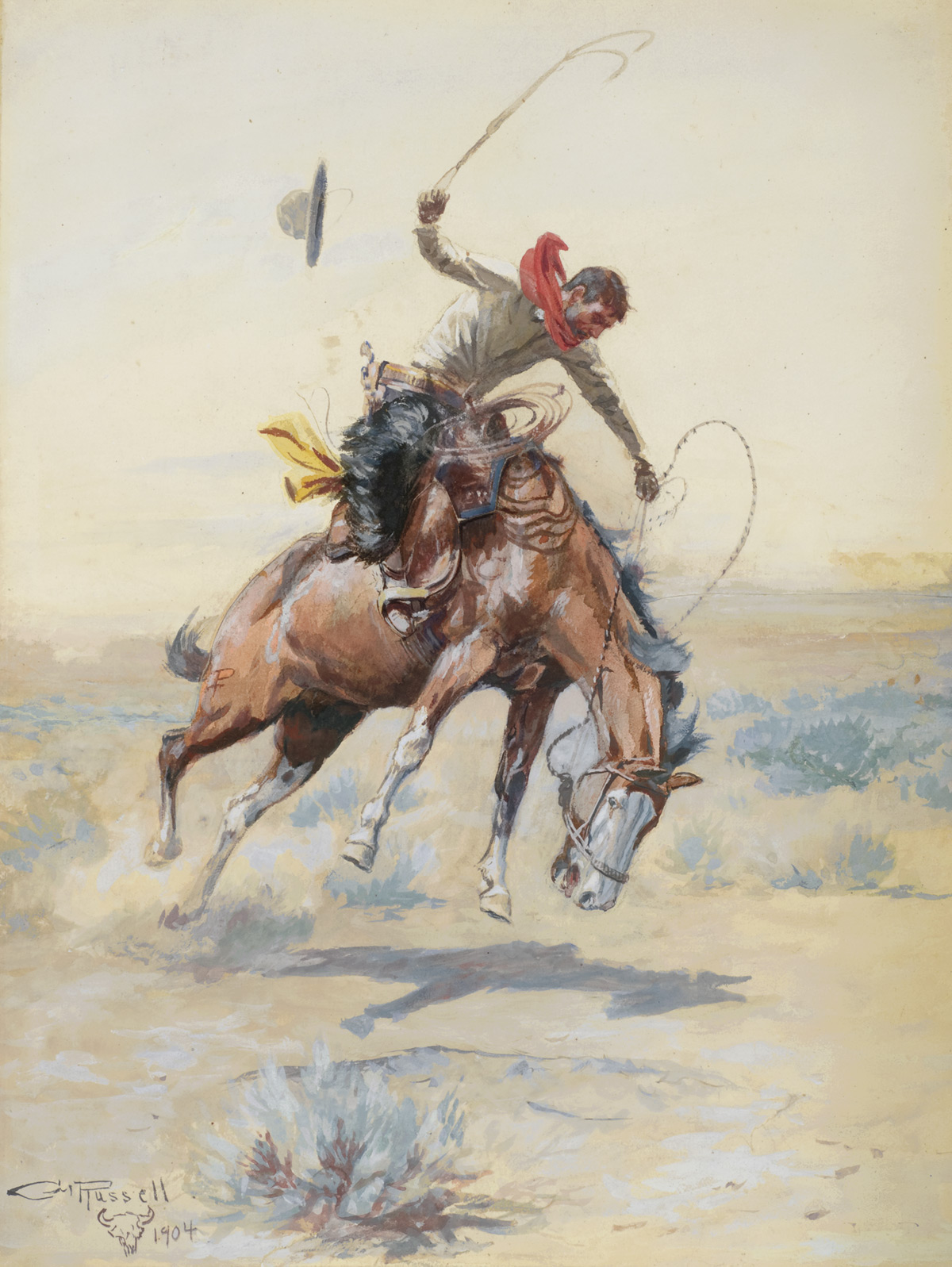
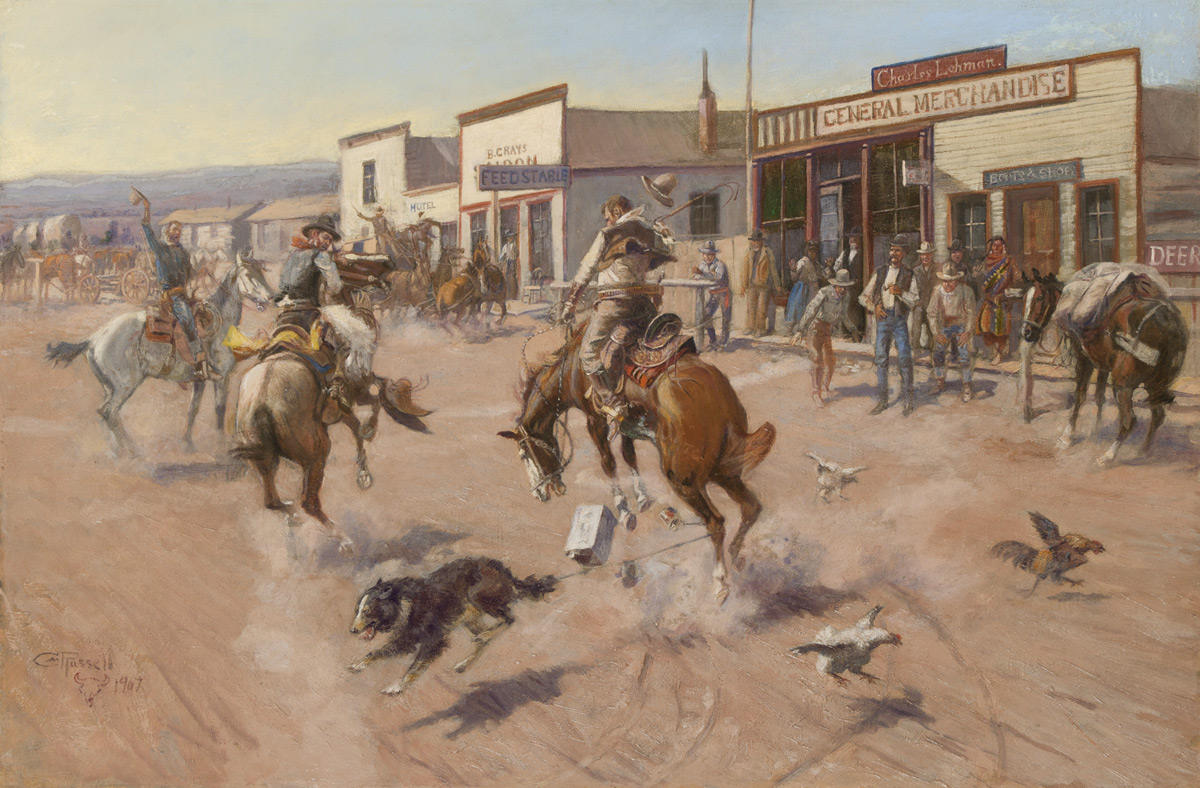
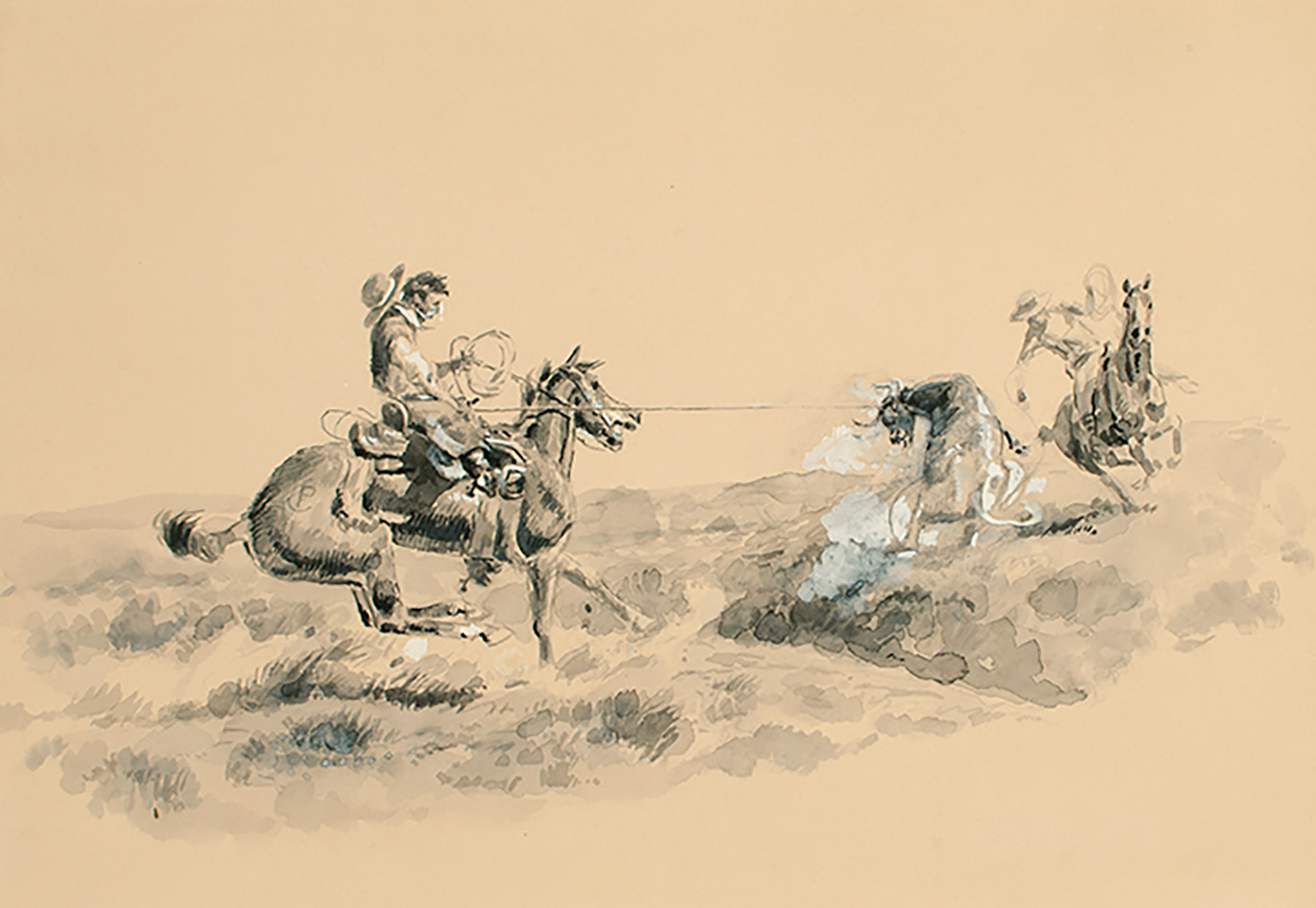
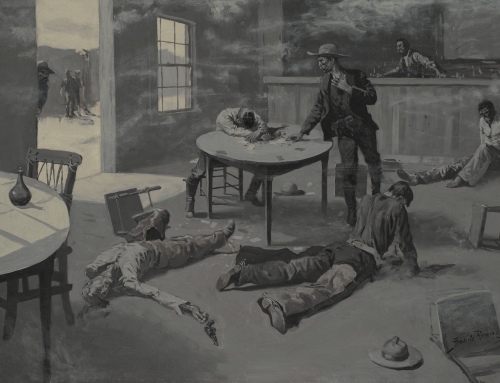
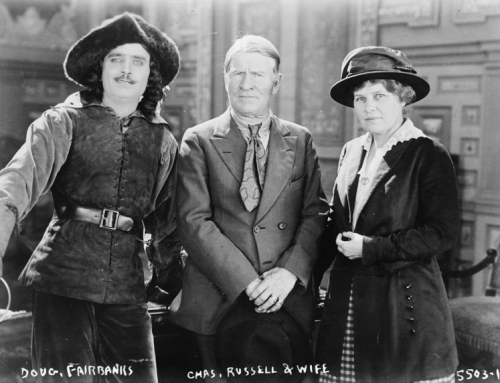
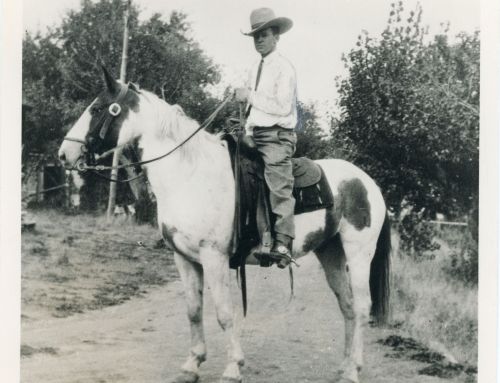
Leave A Comment